太原二模 山西省太原市2018届高三第二次模拟考试英语试题
山西省太原市2018届高三第二次模拟考试结束了,小编整理出本次山西省太原市2018届高三第二次模拟考试英语试题,答案随后小编会把英语试题答案分享大家。
分享:太原二模 山西省太原市2018届高三第二次模拟考试英语试题答案
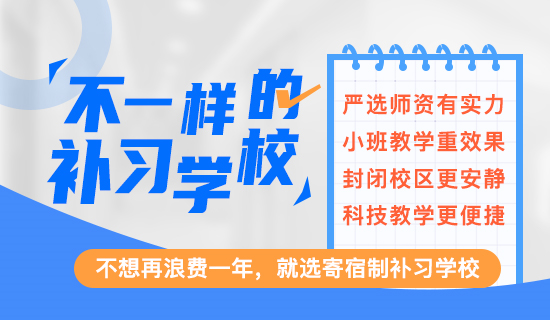
山西省太原市2018届高三第二次模拟考试英语试题
第一部分 听力(共两节,30分)
做题时,先将答案标在试卷上。录音内容结束后,你将有两分钟的时间将试卷上的答案转写到答题卡上。
第一节(共5小题;每小题1.5分,7.5分)
听下面5段对话。每段对话后有一个小题,从题中所给的A、B、C三个选项中选出较佳选项,并标在试卷的相应位置。听完每段对话后,你都有10秒钟的时间来回答有关小题和阅读下一小题。每段对话仅读一遍。
例:How much is the shirt?
A. £19.15. B. £9.18. C. £9.15.
答案是C。
1. What would the girl like to drink?
A. Coffee. B. Water. C. Juice.
2. When will Tom arrive home?
A. At 10:00. B. At 10:55. C. At 11:00.
3. Where does the conversation probably take place?
A. At home. B. At a party. C. At Bob’s.
4. How long will the activity last?
A. 30 minutes. B. 2 hours. C. 2.5 hours.
5. Why is Dave happy?
A. He bought a modem bike.
B. He will get a birthday gift.
C. He plays the violin very well.
第二节(共l5小题;每小题1.5分,22.5分)
听下面5段对话或独白。每段对话或独白后有几个小题,从题中所给的A、B、C三个选项中选出较佳选项。听每段对话或独白前,你将有时间阅读各个小题,每小题5秒钟;听完后,各小题将给出5秒钟的作答时间。每段对话或独白读两遍。
听第6段材料,回答第6、7题。
6. Who left the company?
A. Lisa. B. Tom. C. Steve.
7. What does the woman advise Steve to do?
A. Sleep earlier. B. Leave the company. C. Get new employees.
听第7段材料,回答第8、9题。
8. Why does the woman call?
A. To find a tutor. B. To become a tutor. C. To help a tutor.
9. What do we know about Nancy?
A. She is lucky. B. She is patient. C. She is inexperienced.
听第8段材料,回答第10至12题。
10. What’s the possible relationship between the speakers?
A. Doctor and patient.
B. Husband and wife.
C. Teacher and student.
11. What happens to Tim if he drinks a lot of water?
A. He feels tired. B. He feels better. C. He feels uncomfortable.
12. What will Tim probably do in the afternoon?
A. Have a rest. B. Drink more water. C. See the doctor.
听第9段材料,回答第13至16题。
13. What makes the woman excited?
A. A part-time job.
B. A trip to England.
C. Good exam results.
14. What will the man probably do this summer?
A. Work. B. Study. C. Travel.
15. What does the man want to buy next term?
A. A camera. B. A cellphone. C. A printer.
16. What does the woman think of the man?
A. Helpful. B. Independent. C. Interesting.
听第10段材料,回答第17至20题。
17. How did Barley get to the college?
A. By bike. B. By bus. C. On foot.
18. Where did Barley live before the police found him?
A. In a tent. B. At a motel. C. In a dormitory.
19. Who started GoFundMe page for Barley?
A. Richard. B. Casey. C. The other officer.
20. What can best describe Barley?
A. He is weak. B. He is helpful. C. He is strong-willed.
#p#副标题#e#
第二部分 阅读理解(共两节,60分)
第一节(共15小题;每小题3分,45分)
阅读下列短文,从每题所给的A、B、C和D四个选项中,选出较佳选项。
A
Located in Los Angeles, University of Southern California is in the heart of a leading city. Although LA ranks highly in The Economist s Safe Cities Index, navigating and city calls for certain safety precautions (预防措施) along with practicing common sense.
♦ Mobile Safety App Powered by LiveSafe
The Mobile Safety App powered by LiveSafe, manage by the USC Department of Public Safety and the USC Department of Emergency Planning, is a free downloadable app that that mobile users can use to initiate contact with emergency responders around the campus. Features include: immediate “push button” calls to DPS, easy reporting for suspicious activity or crimes in progress, and location services to notify friends of your route through campus.
♦ Blue Light Phone Locations
The University Park has multiple blue light phones that are strategically placed throughout campus. Take note of where the closest ones are on your route. They come in handy in case you lose your phone or in an emergency. These phones are directly connected to USC’s Department of Public Safety’s 24-hour communications center. Besides emergency needs, it can also be used to report suspicious activity, request for an escort (护送) if you feel unsafe and to report a crime.
♦ Trojans Alert
Trojans Alert is an emergency notification system that allows university officials to contact you during an emergency by sending messages via text message or email. When an emergency occurs, authorized USC senders will instantly notify you with real-time updates, instructions on where to go, what to do (or what not to do), whom to contact and other important information. All members of the USC community, as well as parents and regular visitors to campus, are strongly encouraged to sign up for Trojans Alert.
21. What do blue light phones do for students?
A. Guide students through campus.
B. Alert students to crime activities.
C. Light up the way if students feel unsafe.
D. Connect them with the safety department.
22. How does USC send out instructions during an emergency?
A. With blue light phones.
B. Via text message or email.
C. Through mobile safe app.
D. By calling all USC members.
23. What is the purpose of the text?
A. To encourage students to fight crime.
B. To introduce USC’s safety department.
C. To provide safety services for USC students.
D. To inform parents of safety risks on campus.
#p#副标题#e#
B
Every day when Glen Oliver orders his morning coffee at the drive-through window of a local cafe, he insists on paying for the order of the person behind him. He also asks the restaurant workers to tell the customer to have a great day, in case they’re not already having one.
Oliver has never made a big deal out of his own generous actions until a letter was published by a news website in November. He found out that he had not just bought someone his breakfast —he had saved a life.
According to the website, someone had written a letter stating that on July 18th, he was planning on committing suicide. The writer said that while he was at the drive-through window, he was planning on going home, writing a note and ending his life. When he went to pay for his coffee and muffin, however, the cashier told him that the man in the SUV in front of him had picked up the tab and told him to have a great day.
“I wondered why someone would buy coffee for a stranger for no reason,” said the writer. “Why me? Why today? If I were a religious man, I would take this as a sign. This random act of kindness was directed at me on this day for a purpose.”
When the writer arrived home, he couldn’t hold back his tears and started to think about the simple good deed that had affected him so deeply. “I decided at that moment to change my plans for the day and do something nice for someone. I ended up helping a neighbor take groceries out of her car and into the house.”
The writer says that in the months following that fateful event, he does at least one kind thing for others every day. “To the nice man in the SUV, thank you from the bottom of my heart. Please know your kind gesture has truly saved a life,” he said. “On July 18, 2017, I had the greatest day.”
24. What is Oliver’s act of kindness every day?
A. Buying others breakfast.
B. Greeting restaurant workers.
C. Publishing positive news.
D. Taking groceries for neighbors.
25. What is special about Oliver’s act of kindness on July 18, 2017?
A. It brought him thank-you letters.
B. It was reported on a news website.
C. It was the first time he’d paid for others.
D. It stopped someone from killing himself.
26. What does the underlined phrase “picked up the tab” mean in Paragraph 3?
A. Paid the bill. B. Parked the car. C. Left a message. D. Ordered a drink.
27. How did the writer of the letter feel after the event?
A. He felt guilty. B. He felt grateful.
C. He felt confused. D. He felt saddened.
#p#副标题#e#
C
Mirroring China’s Past: Emperors and Their Bronzes
Chinese bronzes (青铜) of the second and first millennia BC are some of the most distinctive achievements in the history of art. These vessels (容器) were made to carry sacrificial offerings, to use in burial or to honor noble families in public ceremonies. When they were found by emperors centuries later, these spiritually significant objects were seen as signs of heavenly messages about a ruler or a dynasty and became prized items in royal collections. This exhibition —the first to explore these ancient objects throughout Chinese history — presents a rare opportunity to experience a large number of these works together in the United States.
Unlike Greek and Roman bronze sculptures of human and animal forms, most objects from Bronze Age China (about 2000 - 221 BC) were vessels for ceremonial use. Beginning with the Song dynasty (960 - 1279), emperors unearthed these symbolic works and began collecting them, considering them to be evidence of their own authority as rulers. In addition to impressive collections, the royal fascination with bronzes led to the creation of numerous reproductions and the comprehensive cataloguing of palace holdings. These catalogues are works of art themselves, featuring beautiful drawings and detailed descriptions of each object.
From the 12th century onward, scholars and artists also engaged in collecting and understanding ancient bronzes. Unlike emperors, scholars regarded bronzes as material evidence of their efforts to recover and reconstruct the past, and they occasionally exchanged them as tokens (象征) of friendship. Today ancient bronzes still occupy a primary position in Chinese culture — as historical objects and as signifiers of an important cultural heritage that inspires new generations, as seen in the works of contemporary artists on view in this presentation.
Mirroring China’s Past brings together approximately 180 works from the An Institute of Chicago’s strong holdings and from the Palace Museum in Beijing, the Shanghai Museum, and important museums and private collections in the United States. By providing viewers with a new understanding of ancient bronzes and their significance through time, the exhibition demonstrates China’s fascinating history and its developing present.
28. In what way are Chinese bronzes different from Greek and Roman ones?
A. They fascinated the royal family.
B. They took animal or human forms.
C. They served ceremonial purposes.
D. They were important cultural heritage.
29. What does the author think of catalogues of bronzes?
A. Unreal. B. Creative. C. Artistic. D. Necessary.
30. What can we infer about the exhibition according to the text?
A, h is held in China. B. It is arranged by time.
C. It is organized by scholars. D. It includes modem artworks.
31. What does the underlined word “holdings” in the last paragraph refer to?
A. Viewers. B. Collections. C. Museums. D. Art dealers.
#p#副标题#e#
D
I was in the middle of coding a web page when my wife emailed me these questions: Ever wonder what it would be like to have the face, the brains, the personality and the body? What it would be like to have everyone stop when you walk in a room? What it would he like to be able to get anything or anyone you want? I stopped for a moment and thought about it because my wife wouldn’t email me this unless something had driven her to do so. I emailed her back with what I thought was a pretty good answer. Here is what I wrote her back.
Yes, I had thought many times about what it would be like to be one of the beautiful peopic. To be able to take your breath away when I walked into a room, or to be the life of the party and have everyone fawning (奉承) over me as I wore only the finest clothes and sported the perfect body? But then I always came back to the realization that a lifestyle like that is so fragile. As you get older, your body changes; as you get older, the money changes. Your body never looks the same, the clothes become more and more expensive to maintain. And once you have crossed the line, suddenly you are out. The next fresh face comes in and you are quickly forgotten.
All through growing up I was never an attractive person. I was overweight and picked on. But that didn’t stop me from being a nice person — a good, clean, funny and helpful person. I was the person who you came to when you needed a friend after a breakup. I was the one you came to when you needed a joke to brighten up your day. And in the long run, I will be the one you remember, not the new face, or the fresh style.
In closing, I would like to say that we, as a people, have developed into looking (or things that are bigger and better instead of what will last. I don’t know about you, but I will remember the friend who helped me when I was down, more than the hot girl I just saw walking down the street.
I wish I could teach the world some more jokes.
32. How did the author react to his wife’s questions?
A. He took them seriously. B. He went on coding the page
C. He replied to them right away. D. He wondered why she had done so.
33. What can we learn about the author?
A. He cares much about appearance.
B. He has a clever and beautiful wife.
C. He is always ready to help others.
D. He doesn’t like beautiful women.
34. According to the text, the author would agree that one should .
A. try a new and fresh lifestyle
B. tell jokes to live a meaningful life
C. wear fancy clothes to attract people
D. be the person who brings joy to others
35. Which of the following can be the best title for the text?
A. What Is Wisdom? B. What Will Last?
C. Three Questions D. Three Answers
#p#副标题#e#
第二节(共5小题;每小题3分,15分)
根据短文内容,从短文后的选项中选出能填入空白处的较佳选项。选项中有两项为多余选项。
We were high in the mountains of Xishuangbanna, as far south as you can get in Yunnan, skirting the borders of Myanmar and Laos. The drive was typical, textbook beauty: mountains thick with rubber tree forests, pu’er tea plantations and banana palms and tiny Dai villages. Hidden among the fields of green, I spotted an odd collection of wooden boxes near a tent on the side of the road. 36
We had run into the current home of Wei Dajing, a 17-year-old apprentice (学徒) beekeeper who was manning his hives. Wei was fresh to the beekeeping life, and had been on the job for just two months and was here to learn from a master beekeeper. Their tent and hive set-up is always temporary. 37 This particular spot was stationed at a sunny patch of yellow flowers. Once these flowers die, the rubber trees will be flowering, so we will move toward them,” he told Sam.
Like thieves in the night, the beekeepers will stealthily pack up their hives in the dark once the bees go to sleep. “They are most active around midday when they are collecting their nectar (花蜜). 38 ” Wei explained.
The hives were humming, and bees were invasively buzzing around Wei as he spoke to us. Pieces of fruit lay drying among the hives, used to feed the bees and give them an extra boost of energy once Wei bottles up their hard-earned honey. Sam, who also has a couple of his own small hives in his backyard, tells us you must always leave a little bit of honey in the hive. 39
We waved goodbye to Wei. Back at Sam’s house, he gave us a bowlful of local honey. 40 Lacking the usual sweetness of honey but instead rich with a more savory, spiced flavor, it tasted just like China.
A. It was smooth, thin and runny.
B. Wei skillfully collected honey from the hives.
C. Otherwise the bees get fed up and abandon you.
D. Maybe it is the flowers that give such unique taste to the honey.
E. By 10 pm they are asleep in their hives, which is when we move.
F. I asked our excellent guide and new best friend, Sam, to pull over.
G. Wei and his master move their camp as the flowers bloom and die.
#p#副标题#e#
第三部分 语言知识运用(共两节,55分)
第一节(共20小题;每小题2分,40分)
阅读下面短文,从短文后各题所给的A、B、C和D四个选项中,选出可以填入空白处的较佳选项。
On July 24, 1916, a natural gas explosion trapped 32 men working in a tunnel 250 feet below Lake Erie. The first rescuers who entered the tunnel were 41 by gas, and for hours no one else dared to enter the suffocating (窒息的), 42 deathtrap.
Then, late that night, someone had an idea: 43 Garrett Morgan and his new invention. Garrett Morgan was a successful 44 owner in Cleveland. The son of freed slaves and the seventh of 11 children, mechanically minded Morgan had opened his own sewing machine shop, which he soon 45 to a tailoring factory with 32 employees.
In the early 1900s, factory buildings were crowded and untidy. They were often 46 of wood, with no fire escapes. Fire could cause serious 47 . Concerned about his employees, Morgan 48 with a “safety hood” (头罩) that would allow the wearer to 49 despite a fire’s poisonous smoke.
Morgan knew smoke rises during a fire. 50 , he created a heat-resistant hood with a long tube reaching to the floor. Wearing Morgan’s hood, a firefighter could breathe the 51 air near the 52 Morgan lined the breathing tube with a sponge-like material that was wetted before use to 53 the air. A second tube was designed to 54 exhaled (呼出的) air.
Called to the scene on the night of the tunnel explosion, Garrett arrived with samples of his safety hood. Still in their nightwear, he and his brother Frank put on the hoods and 55 entered the tunnel. It was a dangerous 56 of the invention, but they saved two lives and 57 four bodies before officials closed the 58 . Morgan knew that more lives might have been saved if he had been called sooner.
The daring 59 made Morgan famous and brought requests for safety hoods from fire departments around the country. But his greatest 60 was knowing that his invention would now save more people.
41. A. lit B. powered C. overcome D. overheated
42. A. changeable B. remarkable C. cautious D. poisonous
43. A. show off B. send for C. rule out D. take away
44. A. factory B. slave C. restaurant D. store
45. A. declined B. decided C. expanded D. exported
46. A. afraid B. true C. consisted D. made
47. A. business B. damage C. illness D. doubts
48. A. experimented B. associated C. equipped D. struggled
49. A. exist B. communicate C. breathe D. listen
50. A. Therefore B. However C. Anyway D. Besides
51. A. cleaner B. thicker C. colder D. warmer
52. A. ceiling B. ground C. roof D. window
53. A. feel B. trap C. cool D. heat
54. A. put on B. get off C. pollute D. release
55. A. unwillingly B. bravely C. gradually D. simply
56. A. task B. test C. game D. part
57. A. overlooked B. identified C. recovered D .buried
58. A. gap B. case C. deal D .site
59. A. rescue B. attempt C. reform D. escape
60. A. fortune B. comfort C. achievement D. reward
#p#副标题#e#
第二节(共10小题;每小题1.5分,15分)
阅读下面短文,在空白处填入1个适当的单词或括号内单词的正确形式。
In 1940, four teenage boys and their dog were walking through woodland close to Lascaux, when their dog suddenly disappeared. The boys searched all around. They came to a cave and looked into the cave 61 could see nothing.
A few days later, the boys returned to the cave. They could hardly believe 62 eyes. In the weak lamplight, the boys saw red horses and cows, and black bulls and deer charging across the walls of the cave, which looked so 63 (frighten) that the boys jumped back in fear. Little did the boys know that they had made one of the most important 64 (discover) of that century.
The Famous Lascaux Caves consist of a large hole and 65 series of connecting caves, with a natural water system. The paintings there were an especially important find because they are so numerous and so well preserved. After a few years, the caves were opened 66 a tourist attraction, and 1,200 people per day came to the site 67 (admire) the paintings. 68 (fortunate), many visitors resulted in changes in the cave’s atmosphere, and green algae (水藻) began to grow around the walls. Since then, the caves 69 (close) to the public in an effort to conserve the fragile paintings in this precious underground site.
Today, the caves have computer-controlled air-conditioning and are inspected daily. Scientists hope that these precautions will prevent any 70 (far) damage to the paintings.
第四部分 写作(共两节,35分)
第一节 短文改错(共10小题;每小题1分,10分)
假定英语课上老师要求同桌之间交换修改作文,请你修改你同桌写的以下作文。文中共有10处语言错误,每句中较多有两处。错误涉及一个单词的增加、删除或修改。
增加:在缺词处加一个漏字符号(∧),并在其下面写出该加的词。
删除:把多余的词用斜线(\)划掉。
修改:在错的词下划一横线,并在该词下面写出修改后的词。
注意:1.每处错误及其修改均仅限一词;
2.只允许修改10处,多者(从第11处起)不计分。
Do you believe love is the most important? In the early twenty century, homeless people were often brought up in orphanages, in that they received little love. At one time, Dr. Skeels took twelve children from art orphanage or had a young girl look them each day. He also studied another twelve children who are left in the orphanage all day long. He followed these children not until I hey grew up, and the results were shocked. The children staying all day in the orphanage were either dead or suffering from serious illnesses. However, the twelve children loved by the girl were all healthy and independently. The only difference between the life of these children -the love, made a great difference to us.
第二节 书面表达(25分)
假定你是李华,你的英国朋友Mark希望向你了解国画的有关知识,原定见面时间,因故需要推迟,请给Mark写一封邮件,说明情况。要点包括:
1.表示歉意并说明原因;
2. 重约见面讨论时间;
3. 分享先参观国画展览。
注意:
1.词数100左右;
2. 可以适当增加细节,以使行文连贯。
- 热门课程
- 热门资讯
- 热门资料
- 热门福利
-
 单招面试有啥常见问题?单招集训推荐北方单招吗?最近单招考试也是只有短短十几天的时间了,有些同学是在网上自学的,有的同学是报名的集训班,那么集训班会有哪些面试技巧能给到大家呢?本期咱们就一起来看看吧!
单招面试有啥常见问题?单招集训推荐北方单招吗?最近单招考试也是只有短短十几天的时间了,有些同学是在网上自学的,有的同学是报名的集训班,那么集训班会有哪些面试技巧能给到大家呢?本期咱们就一起来看看吧! -
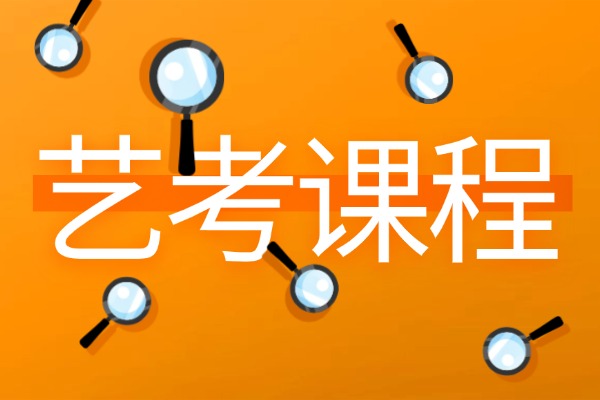 艺考家长必看!80%人都不知道的文化课真相!近几年,艺考逐渐升温,越来越多的人认为艺考是通往大学的一条捷径,纷纷为孩子选择了这条道路,导致艺考竞争越来越激烈。为什么越来越多文化课成绩很不错的孩子,选择参加艺考?难道艺考真的这么简单吗?
艺考家长必看!80%人都不知道的文化课真相!近几年,艺考逐渐升温,越来越多的人认为艺考是通往大学的一条捷径,纷纷为孩子选择了这条道路,导致艺考竞争越来越激烈。为什么越来越多文化课成绩很不错的孩子,选择参加艺考?难道艺考真的这么简单吗? -
 西安哪些补习学校适合差生?西安伊顿咋样?西安的补习学校这两年数量也是非常多了,很多学生的家长都不知道该怎么去挑选合适孩子的补习机构了,有的机构擅长做拔高,有的擅长补弱,要找对应的机构才能帮娃真正实现对症下药!
西安哪些补习学校适合差生?西安伊顿咋样?西安的补习学校这两年数量也是非常多了,很多学生的家长都不知道该怎么去挑选合适孩子的补习机构了,有的机构擅长做拔高,有的擅长补弱,要找对应的机构才能帮娃真正实现对症下药! -
 走单招需要报集训班吗?20天冲刺咋收费?单招现在是一个比较简单的升学渠道,很多学生高中的时候基础没有打好,就想着高三的时候走单招,但是现在单招目前也不是有手就能轻松考上的,还要靠自身的努力,本期咱们就来聊聊陕西单招吧!
走单招需要报集训班吗?20天冲刺咋收费?单招现在是一个比较简单的升学渠道,很多学生高中的时候基础没有打好,就想着高三的时候走单招,但是现在单招目前也不是有手就能轻松考上的,还要靠自身的努力,本期咱们就来聊聊陕西单招吧!
-
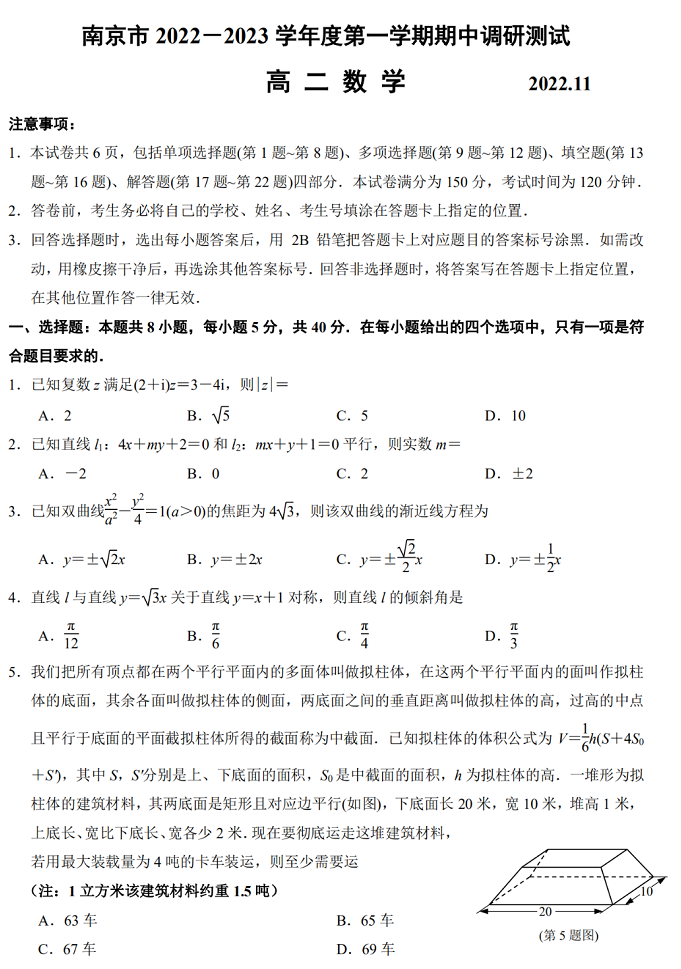 南京市2022-2023年高二上学期期中考试数学试卷含答案南京市高二学生进行了2022-2023年第一学期中考试,小编整理到了这次考试的数学试卷及答案,在这篇文章里面分享给同学们。咱们高二学生或者是江苏其他城市的高二学生们也可以看一看、做一做,对自己的知识进行一个复习,对自己做一个检测。 南京市2022-2023年高二上学期期中考试数学试卷
南京市2022-2023年高二上学期期中考试数学试卷含答案南京市高二学生进行了2022-2023年第一学期中考试,小编整理到了这次考试的数学试卷及答案,在这篇文章里面分享给同学们。咱们高二学生或者是江苏其他城市的高二学生们也可以看一看、做一做,对自己的知识进行一个复习,对自己做一个检测。 南京市2022-2023年高二上学期期中考试数学试卷 -
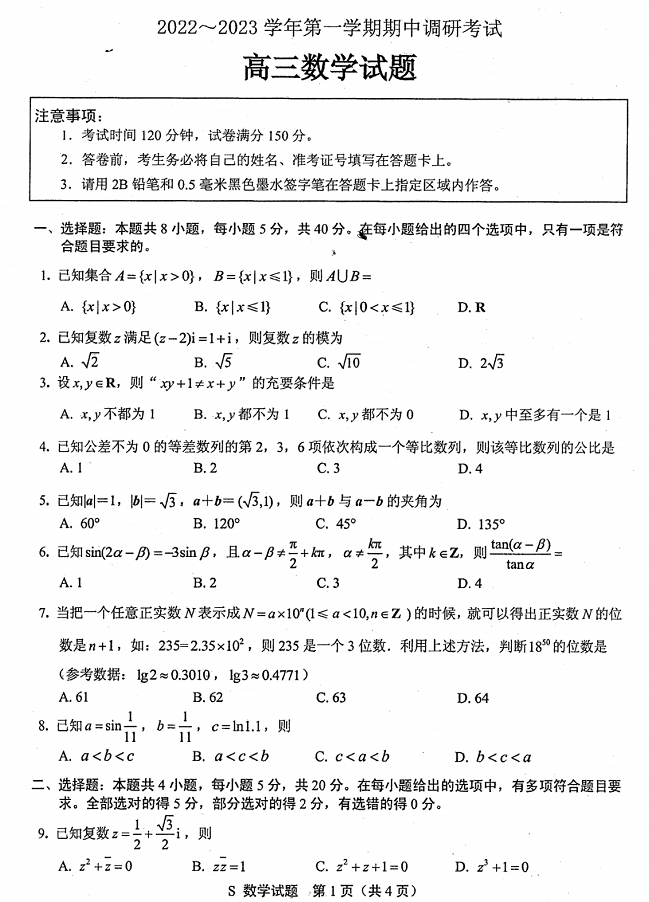 江苏省连云港市2022-2023年上学期高三期中考试数学试卷及答案近日江苏的很多城市的高三学校都进行了2022-2023年上学期期中考试,主要是对高三学生从开学到现在这么长时间学习情况的一个调查。下面是江苏省连云港市2022-2023年上学期高三期中考试数学试卷及答案,伊顿教育小编整理出来跟大家进行分享。 江苏省连云港市2022-2023年上学期高三
江苏省连云港市2022-2023年上学期高三期中考试数学试卷及答案近日江苏的很多城市的高三学校都进行了2022-2023年上学期期中考试,主要是对高三学生从开学到现在这么长时间学习情况的一个调查。下面是江苏省连云港市2022-2023年上学期高三期中考试数学试卷及答案,伊顿教育小编整理出来跟大家进行分享。 江苏省连云港市2022-2023年上学期高三 -
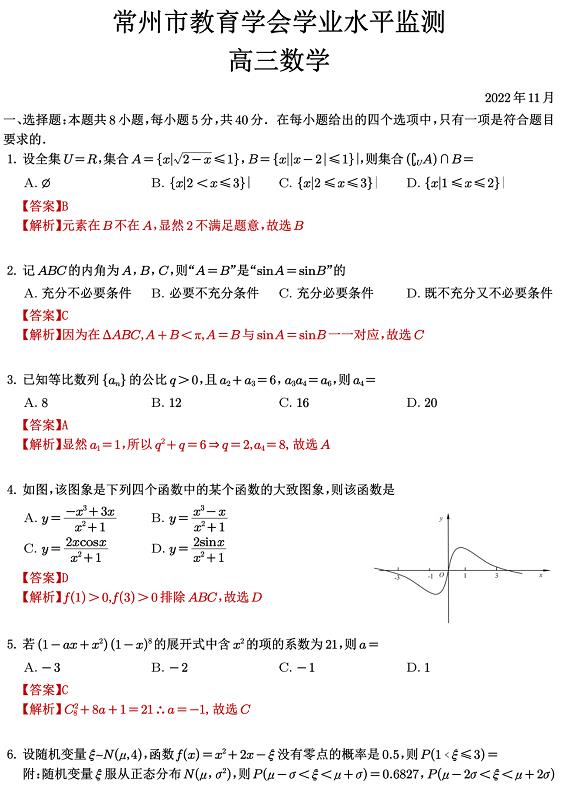 常州市2023届高三期中联考数学试卷及答案解析近期江苏省一些城市的高三学生们已经开始了期中考试,下面是小编整理的常州市2023届高三期中联考数学试卷及答案解析,虽然考试已经考完了,但是你们还是可以看再看一下的。另外咱们江苏其他城市的高三学生们也可以做一下常州市今年高三期中联考的数学试卷,看看自己得多少分。 常州市2023届高三期中
常州市2023届高三期中联考数学试卷及答案解析近期江苏省一些城市的高三学生们已经开始了期中考试,下面是小编整理的常州市2023届高三期中联考数学试卷及答案解析,虽然考试已经考完了,但是你们还是可以看再看一下的。另外咱们江苏其他城市的高三学生们也可以做一下常州市今年高三期中联考的数学试卷,看看自己得多少分。 常州市2023届高三期中 -
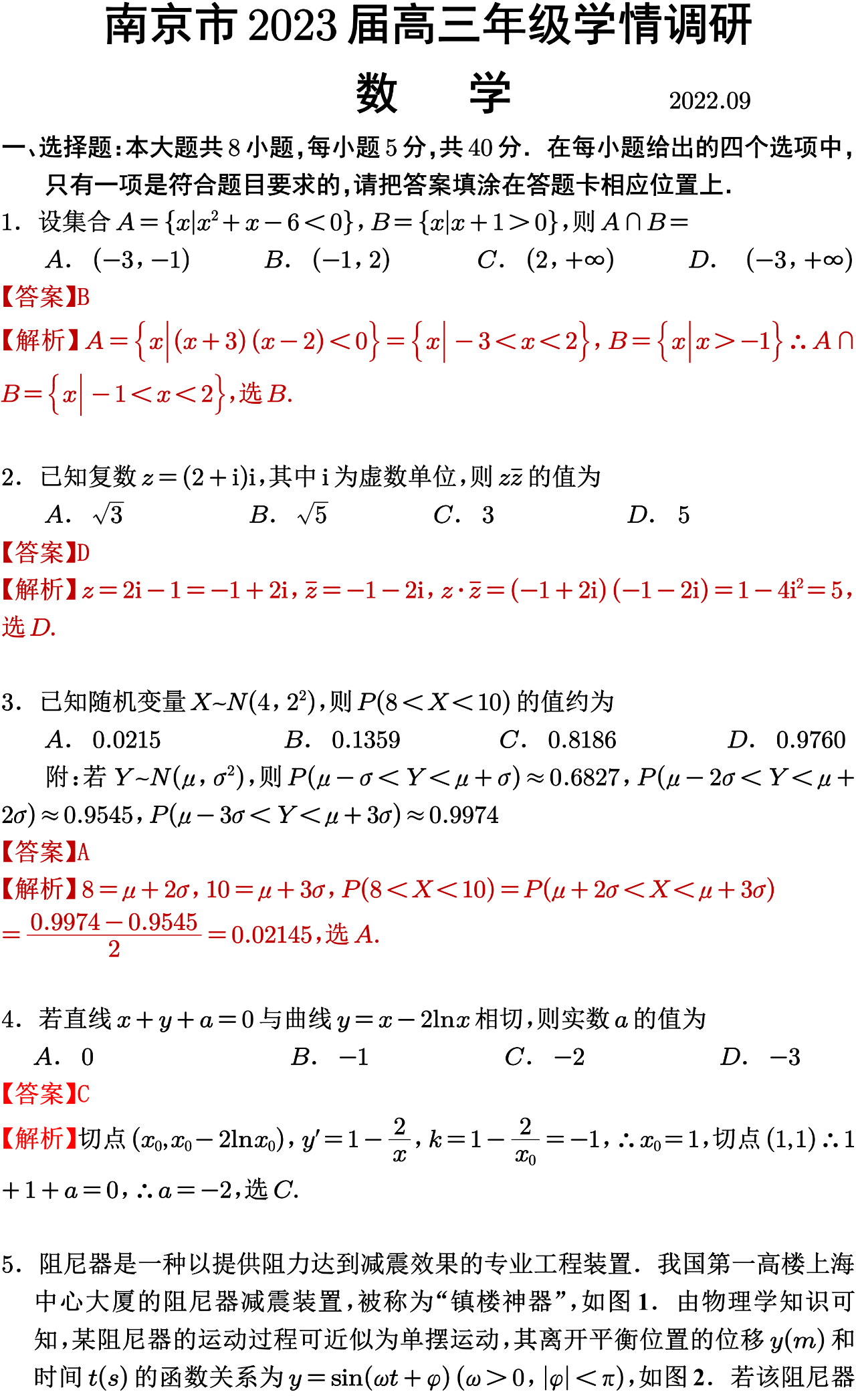 2023南京高三零模 南京市2023届高三零模数学试卷及答案解析随着高三开学,南京市迎来了高三零模考试,正式进入高三的模考,这次零模考试不知道广大高三学子们考的怎么样呢?以下是小编为大家整理的2023届南京市高三零模考试的数学试卷及答案解析,欢迎大家来查漏补缺。 2023南京高三零模 南京市2023届高三零模数学试卷及答案解析
2023南京高三零模 南京市2023届高三零模数学试卷及答案解析随着高三开学,南京市迎来了高三零模考试,正式进入高三的模考,这次零模考试不知道广大高三学子们考的怎么样呢?以下是小编为大家整理的2023届南京市高三零模考试的数学试卷及答案解析,欢迎大家来查漏补缺。 2023南京高三零模 南京市2023届高三零模数学试卷及答案解析






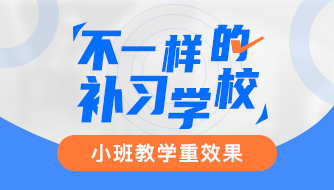
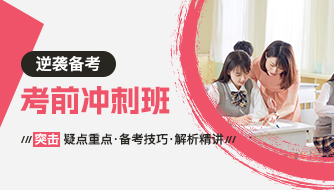

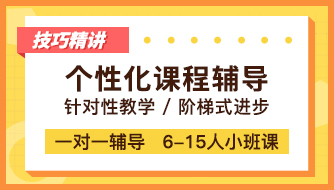
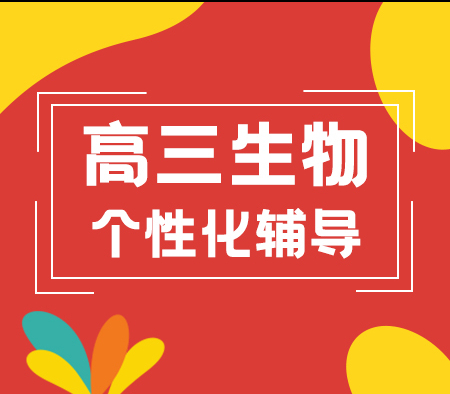
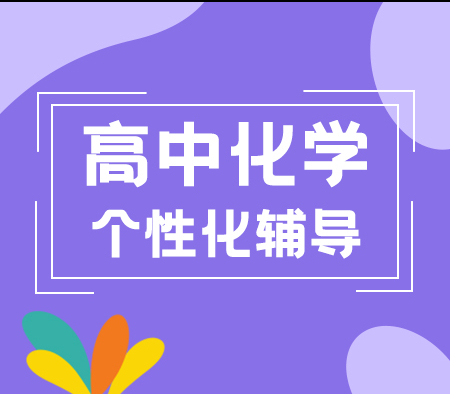
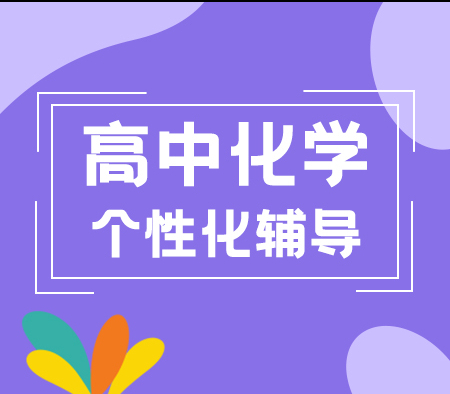
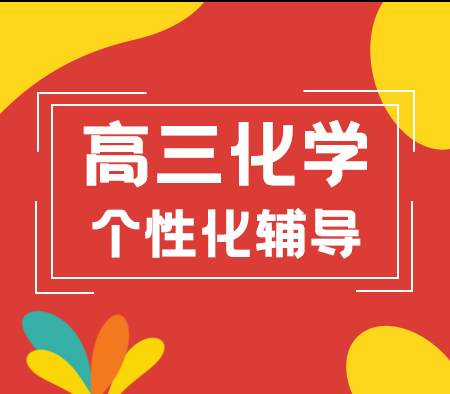

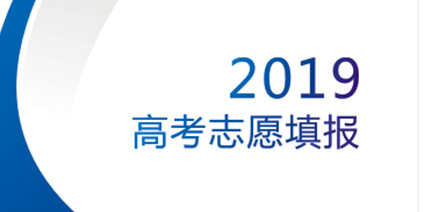

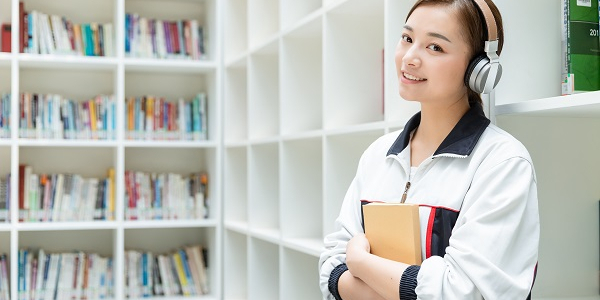
 All right reserved
All right reserved
